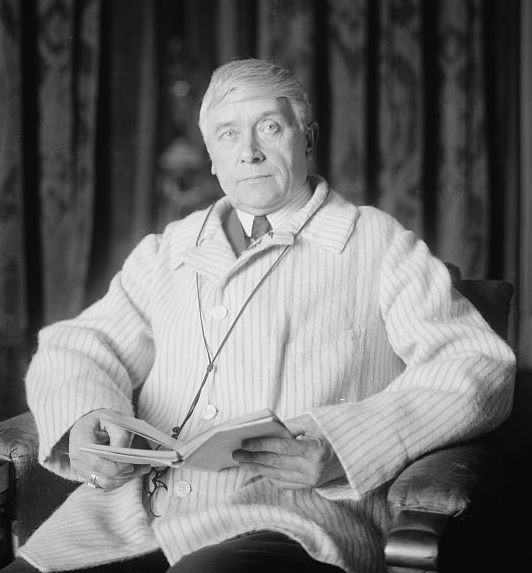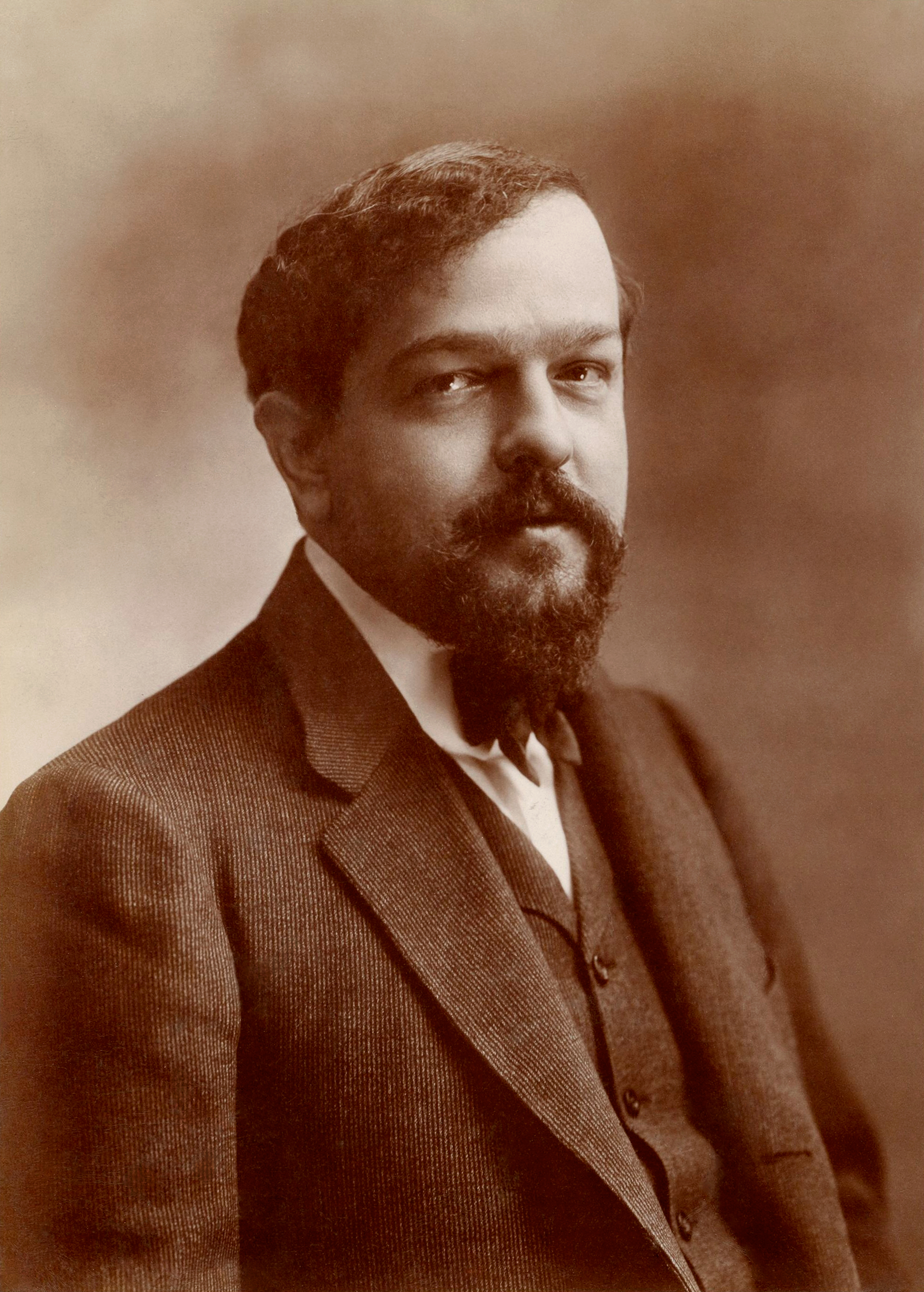|
Helmut Krebs
Helmut Krebs (October 8, 1913 in Dortmund – August 30, 2007 in Berlin) was a German tenor in opera and concert, who sang a wide range of roles from Baroque to contemporary works. Professional career Krebs studied at the Dortmund Conservatory and the Berlin Musikhochschule with Paul Luhmann, and later privately with Max Meili. He began singing in concert in 1937 and made his stage debut at the Volksoper Berlin in 1938, but the war interrupted his career. He resumed his career in 1945 in Düsseldorf, and joined the Berlin State Opera in 1947, where he was to remain for some 40 years. He quickly established himself in lyric roles in German and Italian repertoire such as Belmonte, Tamino, Idamante, Ferrando, Nemorino, Ernesto, Fenton, David, Chateauneuf, he also enjoyed success in German operettas, notably as Alfred in ''Die Fledermaus'', etc. He also took part in creation of contemporary works such as Henze's '' Konig Hirsch'', Arnold Schoenberg's ''Moses und Aron'', Ca ... [...More Info...] [...Related Items...] OR: [Wikipedia] [Google] [Baidu] |
Dortmund
Dortmund (; ; ) is the third-largest city in North Rhine-Westphalia, after Cologne and Düsseldorf, and the List of cities in Germany by population, ninth-largest city in Germany. With a population of 614,495 inhabitants, it is the largest city (by area and population) of the Ruhr as well as the largest city of Westphalia. It lies on the Emscher and Ruhr (river), Ruhr rivers (tributaries of the Rhine) in the Rhine-Ruhr, Rhine-Ruhr Metropolitan Region, the List of EU metropolitan regions by GDP#2021 ranking of top four German metropolitan regions, second biggest metropolitan region by GDP in the European Union, and is considered the administrative, commercial, and cultural centre of the eastern Ruhr. Dortmund is the second-largest city in the Low German dialect area, after Hamburg. Founded around 882,:File:Boevinghausen erwaehnung.jpg, Wikimedia Commons: First documentary reference to Dortmund-Bövinghausen from 882, contribution-list of the Werden Abbey (near Essen), North-Rhine ... [...More Info...] [...Related Items...] OR: [Wikipedia] [Google] [Baidu] |
Zar Und Zimmermann
''Zar und Zimmermann'' (''Tsar and Carpenter'') is a comic opera in three acts, music by Albert Lortzing, libretto by the composer after Georg Christian Römer's ''Der Bürgermeister von Saardam, oder Die zwei Peter'', itself based on the French play ''Le Bourgmestre de Saardam, ou Les deux Pierre'' by Mélésville, Jean-Toussaint Merle, and Eugène Centiran de Boirie. Ultimately, it goes back to the historical Grand Embassy of Peter the Great. Gaetano Donizetti had set the same story in his 1827 opera '' Il borgomastro di Saardam''. Performance history The opera was first performed at the Stadttheater in Leipzig, on 22 December 1837. Lortzing's most successful and enduring work, it is still regularly performed in German-speaking countries. Roles Synopsis The action takes place in Saardam, Holland, in 1698. Peter the Great of Russia, disguised as Peter Michaelov, a common laborer, is working in a shipyard in the Dutch town of Saardam, to learn shipbuilding techniques fo ... [...More Info...] [...Related Items...] OR: [Wikipedia] [Google] [Baidu] |
Pelléas Et Mélisande (opera)
''Pelléas et Mélisande'' (''Pelléas and Mélisande'') is an opera in five acts with music by Claude Debussy. The French libretto was adapted from Maurice Maeterlinck's symbolist play of the same name. It premiered at the Salle Favart in Paris by the Opéra-Comique on 30 April 1902; Jean Périer was Pelléas and Mary Garden was Mélisande, conducted by André Messager, who was instrumental in getting the Opéra-Comique to stage the work. It is the only opera Debussy ever completed. The plot concerns a love triangle. Prince Golaud finds Mélisande, a mysterious young woman, lost in a forest. He marries her and brings her back to the castle of his grandfather, King Arkel of Allemonde. Here Mélisande becomes increasingly attached to Golaud's younger half-brother Pelléas, arousing Golaud's jealousy. Golaud goes to excessive lengths to find out the truth about Pelléas and Mélisande's relationship, even forcing his own child, Yniold, to spy on the couple. Pelléas decides to le ... [...More Info...] [...Related Items...] OR: [Wikipedia] [Google] [Baidu] |
Debussy
Achille Claude Debussy (; 22 August 1862 – 25 March 1918) was a French composer. He is sometimes seen as the first Impressionism in music, Impressionist composer, although he vigorously rejected the term. He was among the most influential composers of the late 19th and early 20th centuries. Born to a family of modest means and little cultural involvement, Debussy showed enough musical talent to be admitted at the age of ten to France's leading music college, the Conservatoire de Paris. He originally studied the piano, but found his vocation in innovative composition, despite the disapproval of the Conservatoire's conservative professors. He took many years to develop his mature style, and was nearly 40 when he achieved international fame in 1902 with the only opera he completed, ''Pelléas et Mélisande (opera), Pelléas et Mélisande''. Debussy's orchestral works include ''Prélude à l'après-midi d'un faune'' (1894), ''Nocturnes (Debussy), Nocturnes'' (1897–1899 ... [...More Info...] [...Related Items...] OR: [Wikipedia] [Google] [Baidu] |
Oedipus Rex
''Oedipus Rex'', also known by its Greek title, ''Oedipus Tyrannus'' (, ), or ''Oedipus the King'', is an Athenian tragedy by Sophocles. While some scholars have argued that the play was first performed , this is highly uncertain. Originally, to the ancient Greeks, the title was simply ''Oedipus'' (), as it is referred to by Aristotle in the '' Poetics''. It is thought to have been renamed ''Oedipus Tyrannus'' to distinguish it from '' Oedipus at Colonus'', a later play by Sophocles. In antiquity, the term " tyrant" referred to a ruler with no legitimate claim to rule, but it did not necessarily have a negative connotation. Of Sophocles's three Theban plays that have survived, and that deal with the story of Oedipus, ''Oedipus Rex'' was the second to be written, following '' Antigone'' by about a dozen years. However, in terms of the chronology of events described by the plays, it comes first, followed by ''Oedipus at Colonus'' and then ''Antigone''. Prior to the start of ''Oe ... [...More Info...] [...Related Items...] OR: [Wikipedia] [Google] [Baidu] |
Igor Stravinsky
Igor Fyodorovich Stravinsky ( – 6 April 1971) was a Russian composer and conductor with French citizenship (from 1934) and American citizenship (from 1945). He is widely considered one of the most important and influential 20th-century classical music, composers of the 20th century and a pivotal figure in modernism (music), modernist music. Born to a musical family in Saint Petersburg, Russia, Stravinsky grew up taking piano and music theory lessons. While studying law at the Saint Petersburg State University, University of Saint Petersburg, he met Nikolai Rimsky-Korsakov and studied music under him until the latter's death in 1908. Stravinsky met the impresario Sergei Diaghilev soon after, who commissioned the composer to write three ballets for the Ballets Russes's Paris seasons: ''The Firebird'' (1910), ''Petrushka (ballet), Petrushka'' (1911), and ''The Rite of Spring'' (1913), the last of which caused a List of classical music concerts with an unruly audience respons ... [...More Info...] [...Related Items...] OR: [Wikipedia] [Google] [Baidu] |
Rolf Liebermann
Rolf Liebermann (14 September 1910 – 2 January 1999), was a Swiss composer and music administrator. He served as the artistic director of the Hamburg State Opera from 1959 to 1973 and again from 1985 to 1988. He was also the artistic director of the Paris Opera from 1973 to 1980. Life Liebermann was born in Zürich, and studied composition and conducting with Hermann Scherchen in Budapest and Vienna in the 1930s, and later with Wladimir Vogel in Basel. His compositional output involved several different musical genres, including chansons, classical, and light music. His classical music often combines myriad styles and techniques, including those drawn from baroque, classical, and twelve-tone music. Liebermann was the director of the Hamburg Staatsoper from 1959 to 1973, and again from 1985 to 1988. During his tenure in Hamburg, he commissioned 24 new operas, including ''The Devils'' by Krzysztof Penderecki, '' Der Prinz von Homburg'' by Hans Werner Henze, and '' Help, H ... [...More Info...] [...Related Items...] OR: [Wikipedia] [Google] [Baidu] |
Antigonae
''Antigonae'' (''Antigone''), written by Carl Orff, was first presented on 9 August 1949 under the direction of Ferenc Fricsay in the Felsenreitschule, Salzburg, Austria, as part of the Salzburg Festival. Antigonae is in Orff's words a "musical setting" for the Greek tragedy of the same name by Sophocles. However, it functions as an opera. The opera is a line-by-line setting of the German translation of Sophocles' play by Friedrich Hölderlin. However, Orff did not treat Hölderlin's translation of the play as a traditional opera libretto, but rather as the basis for a "musical transformation" of the tragic language of the drama of Ancient Greece. Sophocles's play was written in 442 BC, and Hölderlin's 1804 translation copies faithfully the mood and movement of Greek tragedy. Roles Synopsis The opera begins in the early morning following a battle in Thebes between the armies of the two sons of Oedipus: Eteocles and Polynices. King Kreon ( Creon), who ascended the throne of ... [...More Info...] [...Related Items...] OR: [Wikipedia] [Google] [Baidu] |
Carl Orff
Carl Heinrich Maria Orff (; 10 July 1895 – 29 March 1982) was a German composer and music educator, who composed the cantata ''Carmina Burana (Orff), Carmina Burana'' (1937). The concepts of his Orff Schulwerk, Schulwerk were influential for children's music education. Life Early life Carl Heinrich Maria Orff was born in Munich on 10 July 1895, the son of Paula Orff (née Köstler, 1872–1960) and Heinrich Orff (1869–1949). His family was Kingdom of Bavaria, Bavarian and was active in the Imperial German Army; his father was an army officer with strong musical interests, and his mother was a trained pianist. His grandfathers, Carl von Orff (1828–1905) and Karl Köstler (1837–1924), were both major generals and also scholars. His paternal grandmother, Fanny Orff (née Kraft, 1833–1919), was Catholic of Jewish descent. His maternal grandmother was Maria Köstler (née Aschenbrenner, 1845–1906). Orff had one sibling, his younger sister Maria ("Mia", 1898–1975), who ... [...More Info...] [...Related Items...] OR: [Wikipedia] [Google] [Baidu] |
Moses Und Aron
''Moses und Aron'' (English: ''Moses and Aaron'') is a three-act opera by Arnold Schoenberg with the music to the third act unfinished. The German libretto is by the composer. It is based on selected incidents from the Book of Exodus (chapters 3-32). Compositional history ''Moses und Aron'' has its roots in Schoenberg's earlier agitprop play, '' Der biblische Weg'' (''The Biblical Way'', 1926–27), a response in dramatic form to the growing anti-Jewish movements in the German-speaking world after 1848 and a deeply personal expression of his own "Jewish identity" crisis. The latter began with a face-to-face encounter with anti-Semitic agitation at Mattsee, near Salzburg, during the summer of 1921, when he was forced to leave the resort because he was a Jew, although he had converted to Protestantism in 1898. It was a traumatic experience to which Schoenberg would frequently refer, and of which a first mention appears in a letter addressed to Wassily Kandinsky (April 1923): "I h ... [...More Info...] [...Related Items...] OR: [Wikipedia] [Google] [Baidu] |
Arnold Schoenberg
Arnold Schoenberg or Schönberg (13 September 187413 July 1951) was an Austrian and American composer, music theorist, teacher and writer. He was among the first Modernism (music), modernists who transformed the practice of harmony in 20th-century classical music, and a central element of his music was its use of motive (music), motives as a means of coherence. He propounded concepts like developing variation, the emancipation of the dissonance, and the "unified field, unity of musical space". Schoenberg's early works, like ''Verklärte Nacht'' (1899), represented a Brahmsian–Wagnerian synthesis on which he built. Mentoring Anton Webern and Alban Berg, he became the central figure of the Second Viennese School. They consorted with visual artists, published in ''Der Blaue Reiter'', and wrote atonal, expressionist music, attracting fame and stirring debate. In his String Quartets (Schoenberg)#String Quartet No. 2, Op. 10, String Quartet No. 2 (1907–1908), ''Erwartung'' (1909), ... [...More Info...] [...Related Items...] OR: [Wikipedia] [Google] [Baidu] |






